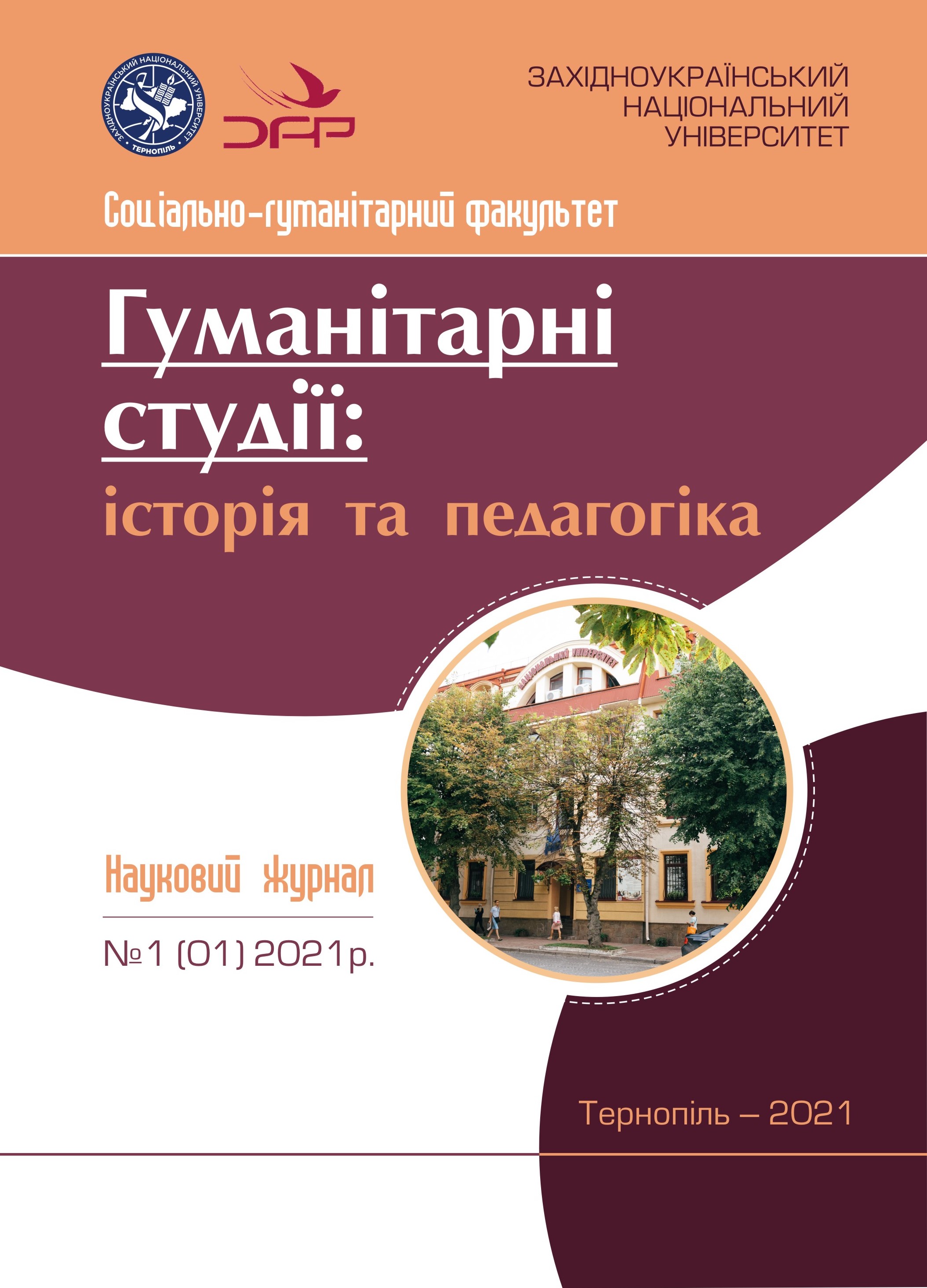The culture of doing business in Slavic countries: comparative aspect
Ключові слова:
культура, бізнес-культура, комунікація, слов’янські країниАнотація
Each country has its own national identity, which is also reflected in the culture of doing business. The phenomenon of culture directly affects the results of the business, the achievement of its intermediate and final goal. Even neighboring nations that profess the same religion often have significant differences in language and customs. Research of the culture of doing business in Czech Republic, Hungary, Poland and Ukraine have showed similar approaches to establishing initial contacts, negotiating strategies and fulfilling contract terms.
Emphasis is placed on identifying common and distinctive features in the business culture of these countries. Equally crucial for all countries is the importance of fulfilling the agreements, although the negotiation process can long lasting. The most inclined to revise the initial terms of the contract are Ukrainians. The final contract price may deviate by 40 percent from the initial price. The Poles can consult with their supervisor directly during the negotiations. The success of the contract performance by the Poles depends on the constant maintaining of contact after the signing of the contract. Hungarians do not rely too heavily on rules and laws, so personal contract liability is paramount.
Suggestions for improving business culture among Ukrainian businessmen have been formed: to schedule a meeting in 3-4 weeks, and a week before the meeting to remind to confirm it again; improve your business English skills so that do not use translator services. Achieving such a relationship allows you to move on to discuss issues that are the subject of business. The state, socio-political institutions, mass media, and educational institutions should also make an important contribution to the formation of a favorable business environment and the definition of ethical norms. The article contains proposals for improving business culture among Ukrainian businessmen and outlines the features needed by modern entrepreneurs.
Національна ідентичність кожної країни виявляється, зокрема, і в культурі ведення бізнесу. Феномен культури безпосередньо впливає на результати бізнесу, досягнення його проміжної та кінцевої мети. Навіть народи-сусіди, що сповідують одну релігію, часто мають істотні розбіжності в мові і звичаях. У статті це питання розглянуто на прикладі Чехії, Угорщини, Польщі та України, а саме різні аспекти стосунків між діловими партнерами, встановлення початкового контакту; комунікація; ділові зустрічі; проведення переговорів. Акцент зроблено на визначенні спільних і відмінних рис у бізнес- культурі цих країн. Дослідження свідчить про схожість підходів до встановлення початкових контактів, стратегій ведення переговорів і виконання умов контрактів. Важливе значення в цьому процесі належить встановленню довіри на рівні конкретних осіб, що беруть участь у переговорах. Досягнення таких стосунків дозволяє перейти до обговорення питань, що є предметом ведення бізнесу. Важливий внесок у формування сприятливого бізнес-середовища і визначення етичних норм мають також зробити держава, соціально-політичні інститути, засоби масової інформації, освітні заклади. У статті сформовано пропозиції щодо поліпшення бізнес-культури серед українських бізнесменів та окреслено риси, потрібні сучасним підприємцям.
Посилання
Муха Р.А. Бізнес-культура, сутність та основні характеристики. Ефективна економіка. 2018, №8. URL: http://www.economy.nayka.com.ua/pdf/8_2018/33.pdf
Wackowski K., Blyznyuk T. Modern Ukrainian and Polish business cultures: G. Hofstede’s classification. Економічний часопис-ХХІ. 2017, №165 (5-6), С. 71-74. URL: http://soskin. info/userfiles/file/Economic-Annals-pdf/DOI/ea-V165-15.pdf
Корженко В.В., Писаренко Ж.А. Вплив національної культури на формування моделі управління: методики крос-культурного менеджменту. Актуальні проблеми державного управління. 2009. № 1, С. 16-26. URL: http://www.kbuapa.kharkov.ua/e-book/ apdu/2009-1/doc/1/02.pdf
Шестаковський О.П. Білоус Є.В. Базові культурні особливості українського суспільства і можливості їх використання для соціально-економічного розвитку. URL: https://www. academia.edu/10452367/Шестаковський О.П. Білоус Є.В. Базові культурні особливості українського суспільства і можливості їх використання для соціально-економічного розвитку за ред. О.М. Балакірєвої._2015. 36 с.
Муха Р.А. Бізнес-культура, сутність та основні характеристики. Ефективна економіка. 2018, №8. URL: http://www.economy.nayka.com.ua/pdf/8_2018/33.pdf
Passport to Trade 2.0. Czech business culture. URL: https://businessculture.org/eastern- europe/czech-republic/
Passport to Trade 2.0. Hungarian business culture. URL: https://businessculture.org/eastern- europe/hungary/
Passport to Trade 2.0. Polish business culture. URL: https://businessculture.org/eastern- europe/poland/
Passport to Trade 2.0. Czech business culture. URL: https://businessculture.org/eastern- europe/czech-republic/
Negotiating International Business – Hungary. URL: http://www.leadershipcrossroads.com/ mat/cou/Hungary.pdf
Negotiating International Business – Poland. URL: http://www.leadershipcrossroads.com/ mat/cou/Poland.pdf
Negotiating International Business – Ukraine. URL: http://www.leadershipcrossroads.com/ mat/cou/Ukraine.pdf




